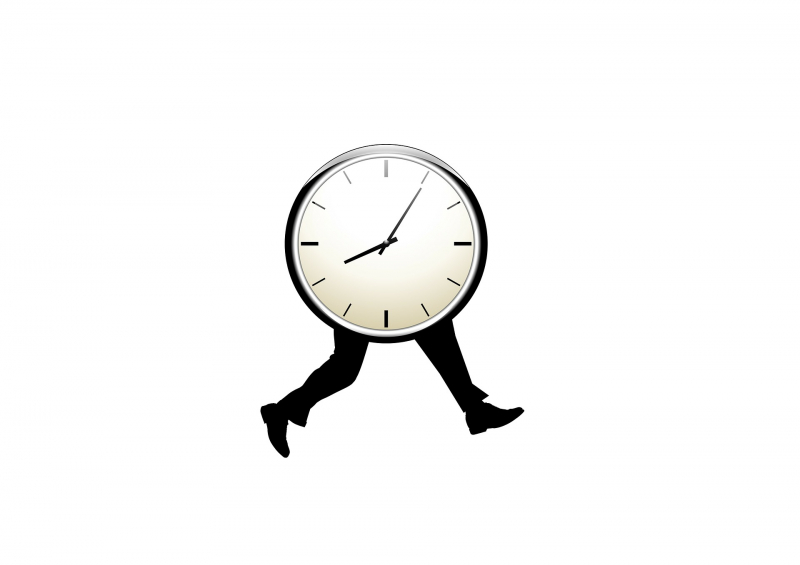Tracking Time
The brain is remarkably adept at keeping track of time, doing it virtually constantly. Though it goes well beyond that, you may have previously heard of the circadian clock, which aids in helping different organs regulate their operations in accordance with the time of day. Even the most routine daily activities, like driving, speaking, and listening to music, require time tracking.
Although people are aware that the brain is able to do this, people are unsure of how. The parts of the brain involved in keeping time are yet unknown, in contrast to spatial awareness. The body's timekeeping functions have traditionally been thought to be governed by a central clock, but an increasing number of scientists now think that different parts of the brain may each have their own distinct timekeepers, using different parts of the brain at different times depending on their function. For instance, maintaining track of time when recalling a memory would involve a whole different set of brain operations than keeping track of time when catching a ball.












